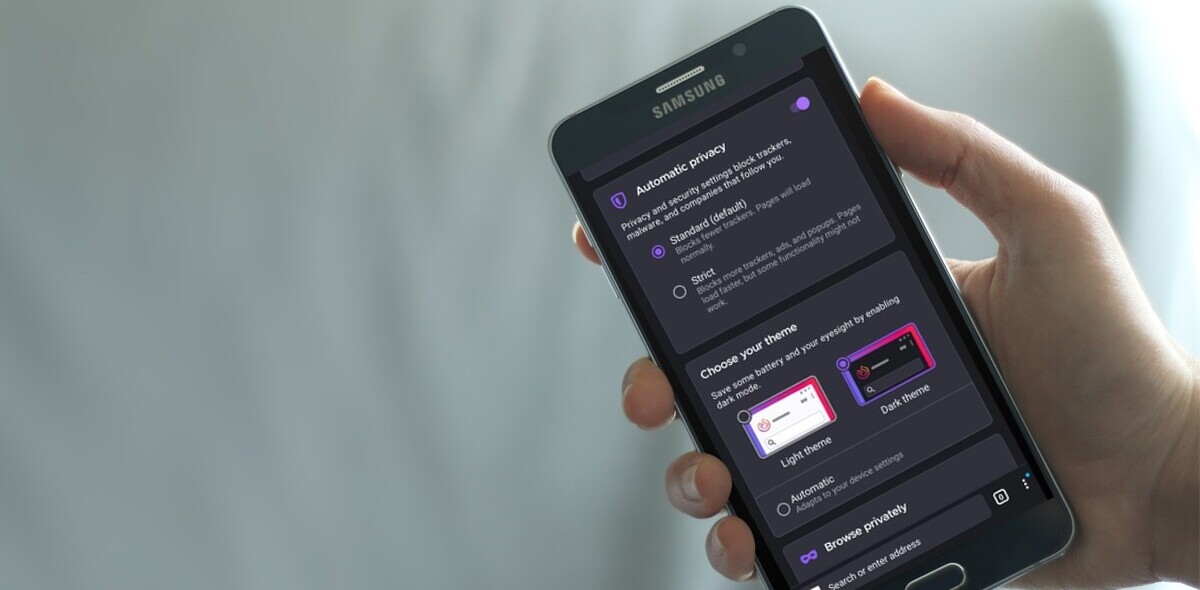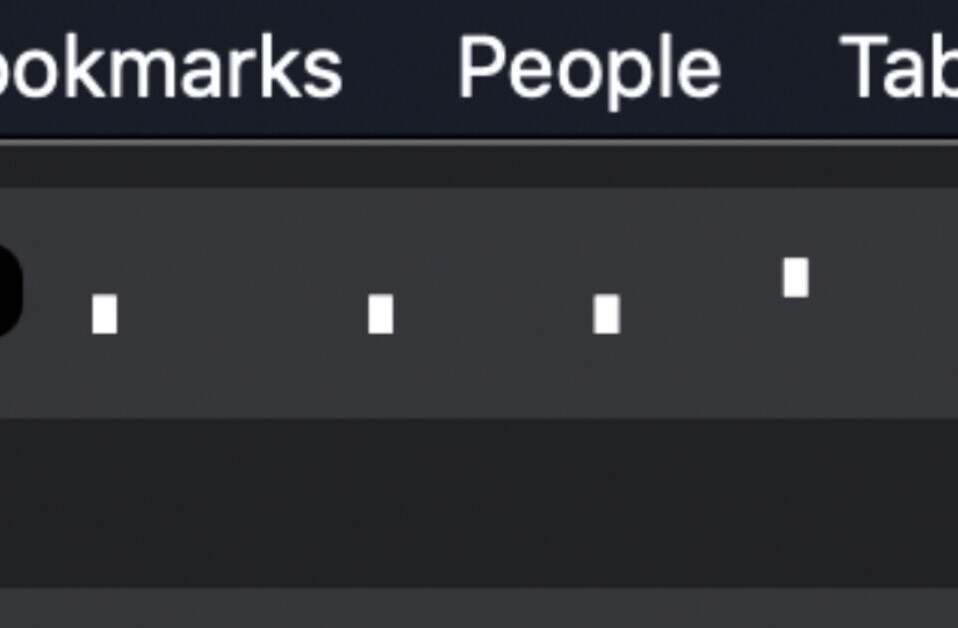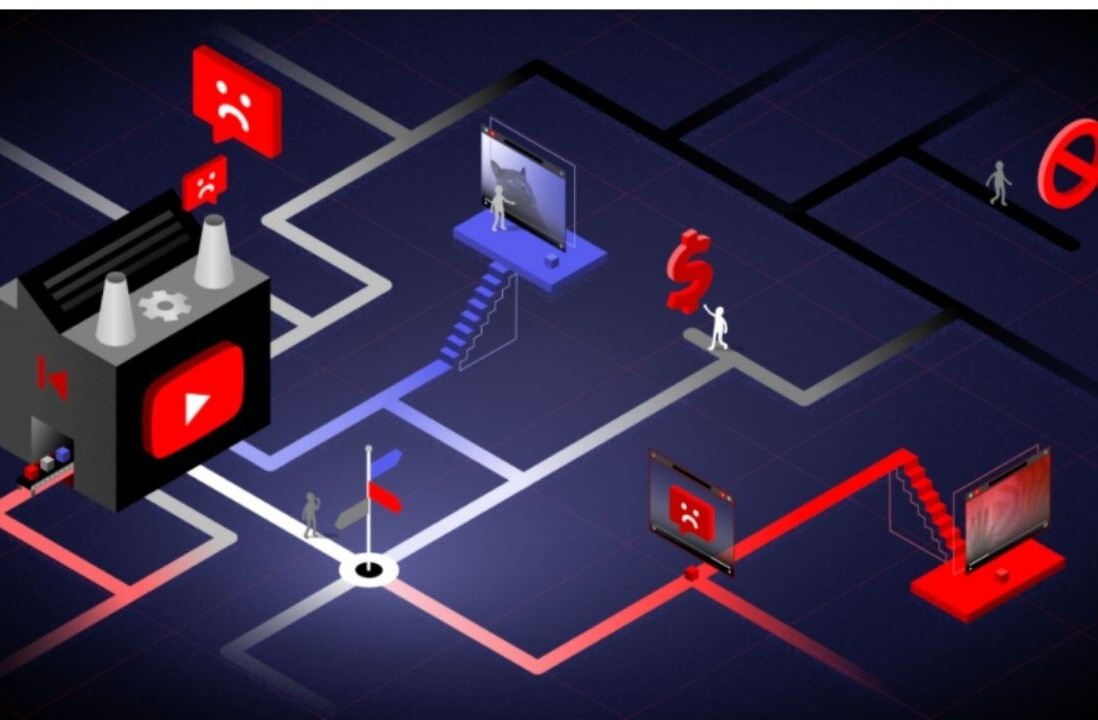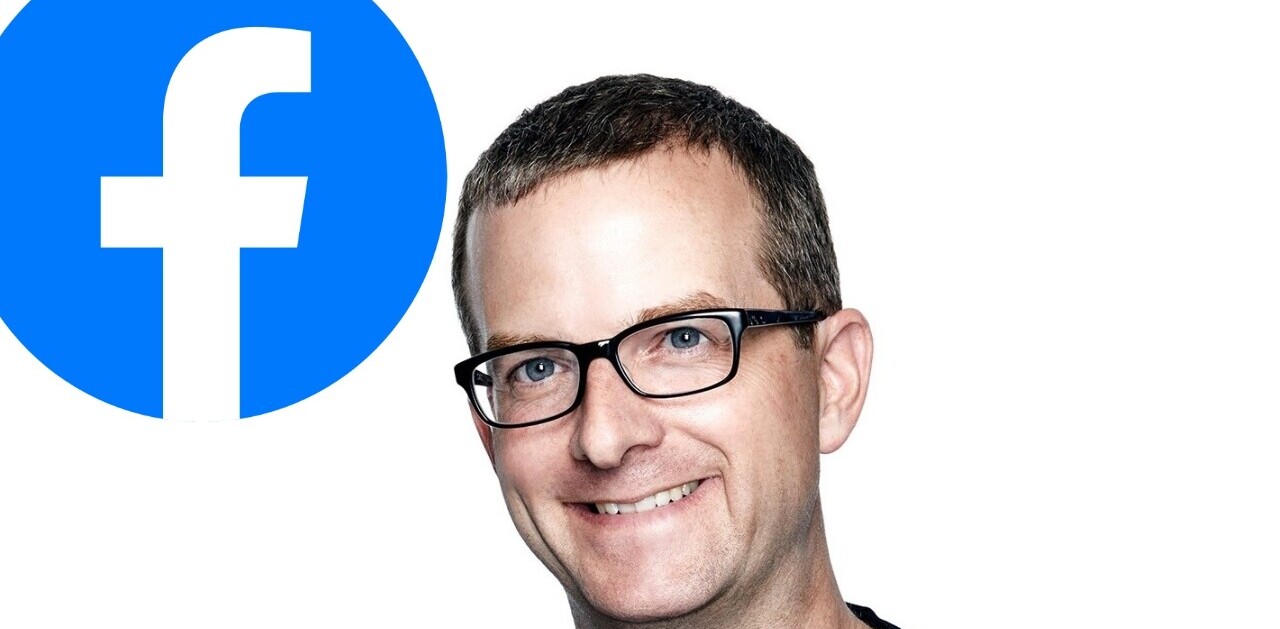
Mozilla has rolled out directory tiles, the company’s advertising experiment for its browser’s new tab page, to the Firefox Nightly channel. We installed the latest browser build to give the sponsored ads a test drive.
When you first launch Firefox, a message on the new tab page informs you of the following: what tiles are (with a link to a support page about how sponsored tiles work), a promise that the feature abides by the Mozilla Privacy Policy, and a reminder that you can turn tiles off completely and choose to have a blank new tab page. It’s quite a lot to take in all at once.
Since I have Firefox stable installed on my laptop, and I have used it selectively, the Nightly build used my cache and I only saw one sponsored tile in the new tab page (notice the last tile):
As I removed sites (clicking the x that appears upon hover over a tile), sponsored ones started to appear:
I could undo each removal or all of them at once in the top left corner of the new tab page. Yet what I found most interesting is that not all the suggested tiles were labeled as sponsored:
I do believe I have visited Wikipedia in Firefox before. Webmaker, however, I have not, and that is clearly a Mozilla-owned website. More worryingly, BBC is marked as sponsored, while Amazon is not. I was unsure if I had visited the online retailer at some point, but upon looking at the URL, I was convinced this was an ad (notice the “mozilla-directory-tiles” and “partner=Mozilla”).
Update: Firefox Product Manager Bryan Clark got in touch to explain that certain sites will simply show up in the tiles even if there is no money exchanging hands. That might be a little confusing, but it is completely transparent.
@EPro Sponsored indicates "paid for inclusion", others like FB, Amazon, and YT included as popular and useful but did not pay
— Bryan Clark (@clarkbw) August 28, 2014
News of the non-profit organization’s plan to sell ads in Firefox first broke back in February 2014. The Directory Tiles program is designed to “improve the first-time-with-Firefox experience,” the company says. Instead of seeing blank tiles when a new Firefox user opens a new tab, Mozilla thought it would be best that they see “content.”
As you use Firefox, the rectangle tiles on the new tab page are populated with the most frequent and recent websites you visit. Since they start as empty (because new users naturally have no browser history), however, Mozilla sees the new tab page as an opportunity to provide “inherent value” to the user, as well as a new way to generate revenue.
Here’s how the company described the program at the time:
Directory Tiles will instead suggest pre-packaged content for first-time users. Some of these tile placements will be from the Mozilla ecosystem, some will be popular websites in a given geographic location, and some will be sponsored content from hand-picked partners to help support Mozilla’s pursuit of our mission. The sponsored tiles will be clearly labeled as such, while still leading to content we think users will enjoy.
Mozilla Foundation chair Mitchell Baker also then promised that these ads, unlike the majority of the ones on the Internet, would not have tracking features (but the company would tell marketers how many times a tile was shown and clicked). They would also be clearly labeled as sponsored, and would take about 30 days of normal browsing behavior to be updated with your frequently and recently visited sites.
In May, Mozilla’s Vice President of Firefox Jonathan Nightingale reiterated that the organization would not “turn Firefox into a mess of logos sold to the highest bidder; without user control, without user benefit.” Instead, he assured the company would experiment to see what works, and that plan has now apparently hit the next phase.
The Firefox Nightly channel, as its name implies, is automatically updated each night: the builds are meant only for developers interested in helping out the company test new and experimental features. Firefox Nightly is currently on version 34, set to hit the stable channel in November, which means you can expect Mozilla’s browser will remain ad-free for at least another three months. Given how cautious the company is being about the move, however, we wouldn’t be surprised if there were delays into 2015.
Get the TNW newsletter
Get the most important tech news in your inbox each week.







